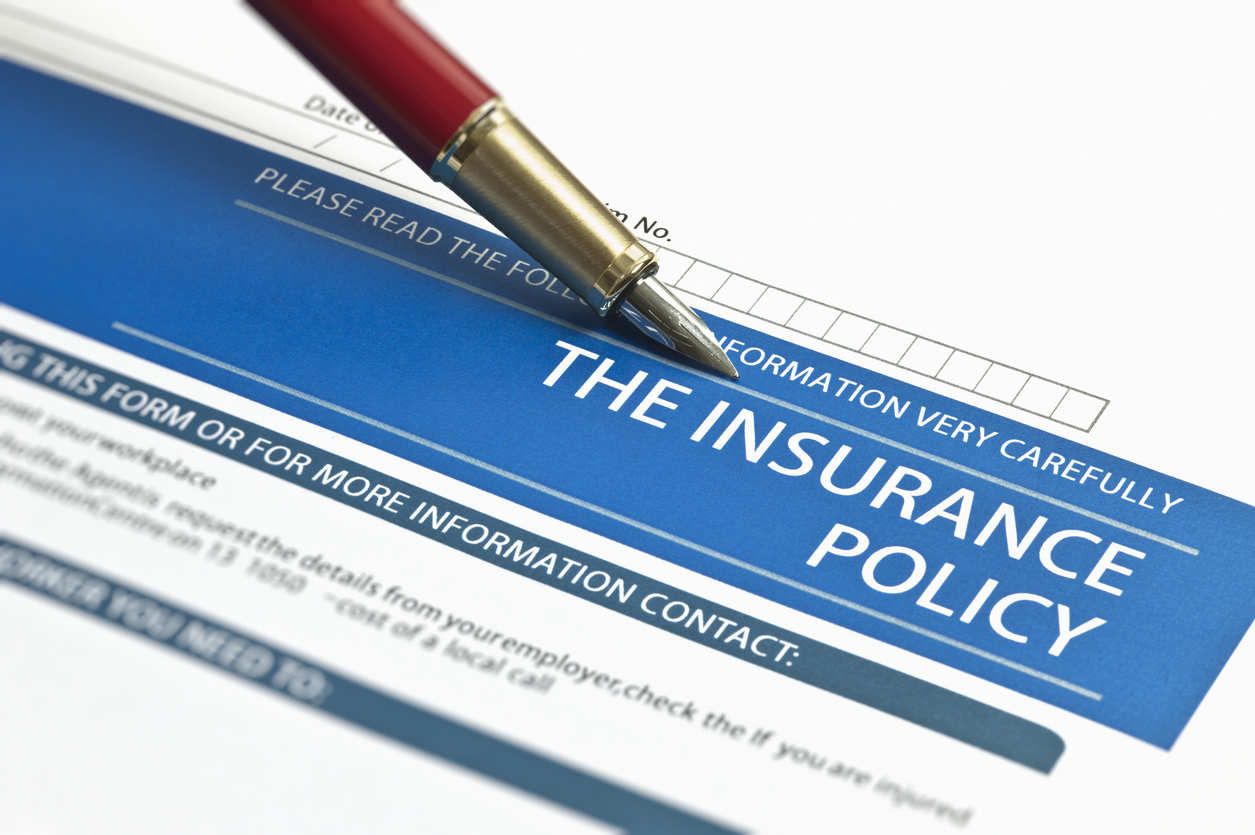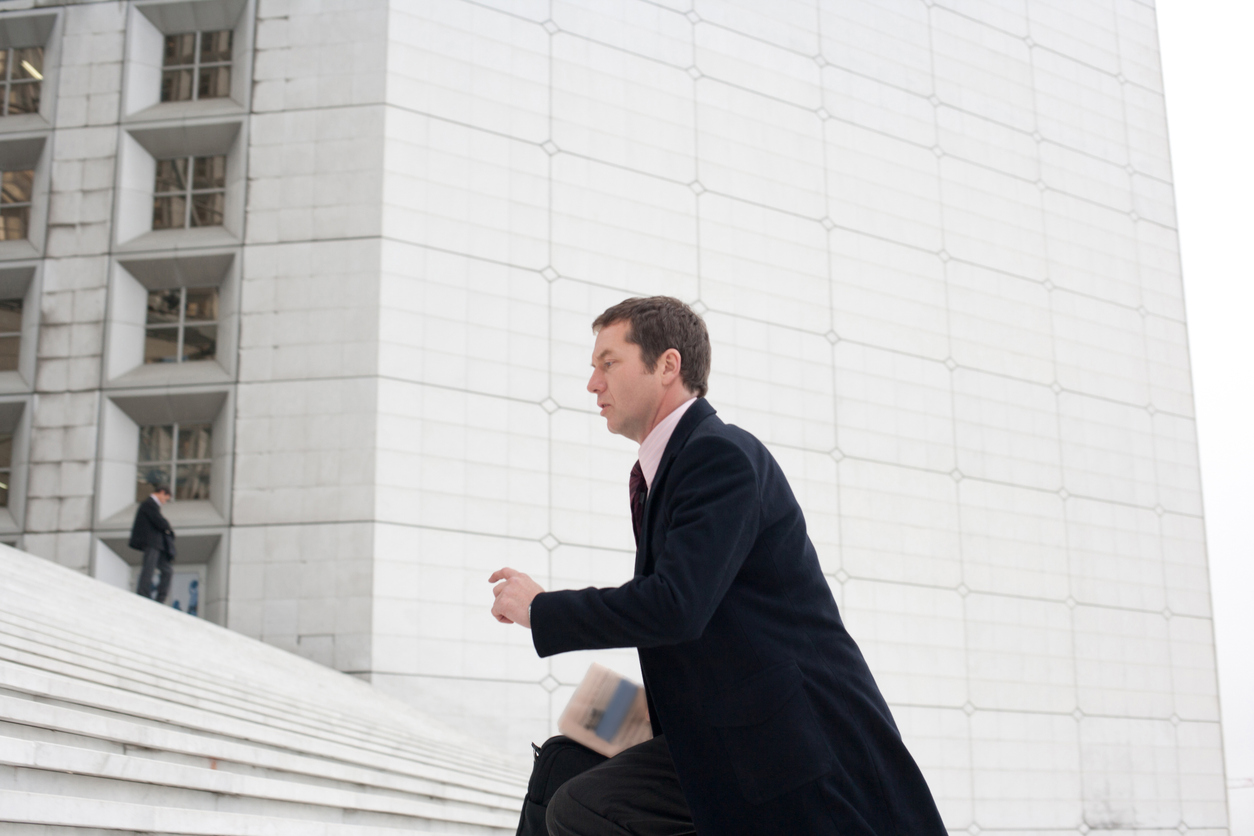In most first-party property insurance disputes, experts are frequently required to provide opinions and testimony on the cost to repair a property. An insurance company will often seek to exclude an insured’s expert on the basis that the opinions are not reliable because the expert did not personally inspect the property.
In a recent New Jersey federal decision1 involving a Superstorm Sandy claim, the insurance company moved to strike and exclude the homeowner’s expert, Mr. Fife who prepared a 12 page estimate of required repairs for the interior and exterior of the property, totaling over $86,000. The inspection of the property was conducted by Mr. Davis, not Mr. Fife. Mr. Fife was not present on the date of the inspection, did not visit Plaintiff’s property prior to submitting his estimate and never spoke to Plaintiff regarding the condition of the property prior to Sandy or the damage allegedly caused during Sandy.
The insurance company moved to exclude Mr. Fife’s opinions and testimony because they lacked any factual basis and were based on nothing more than speculation. Plaintiff argued that even though Mr. Fife did not conduct the inspection he had been in the profession of providing damage estimates for well over a decade, and the process used by Mr. Fife was “routinely” used to prepare estimates for storm damage.
The court stated:
Without inspecting [the] property or attempting to determine whether the observed damage to [the] property existed prior to Sandy, or was caused as a result of conditions during Sandy, Mr. Fife’s conclusion that the listed damage to [the] property was caused by Sandy [was] tenuous and speculative and offer[ed] little more than the mere possibility that Sandy caused damage to [the] property.2
Here, the court held that the plaintiff “failed to establish that the estimate is an accurate or reliable documentation of the damage caused to Plaintiff’s property as a result of Sandy and subject to coverage under Plaintiff’s insurance policy.”3 The court excluded the plaintiff’s expert to the extent he opined on the cause of damage to the property. The lesson here for insureds is to not only have the correct expert in place but to make sure that your expert is qualified to testify.
1 Wehman v. State Farm Fire and Cas. Co., No. 14–1416 (FLW)(DEA) (D.N.J. Sep. 3, 2015).
2 Id. at 4.
3 Id.



